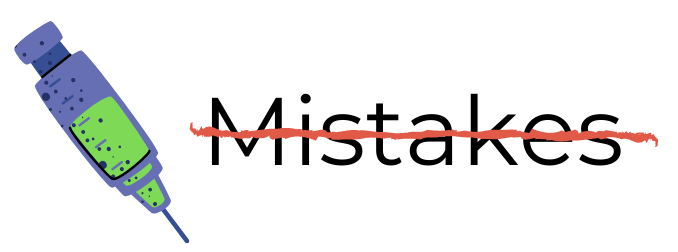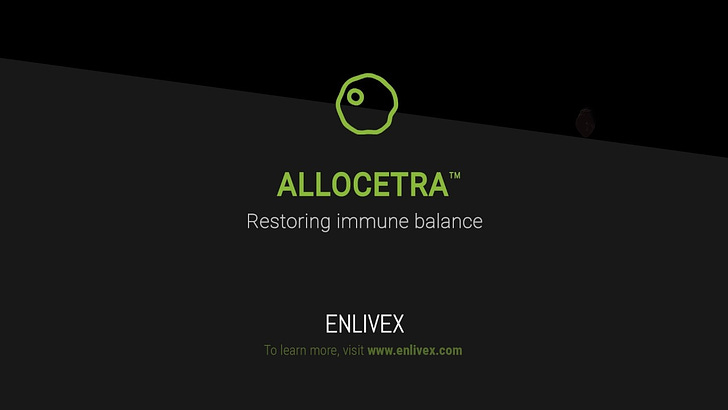COVID Transmissions for 10-2-2020
Good morning! It has been 320 days since the first documented human case of COVID-19.
Just headlines today. Have a great weekend!
As usual, bolded terms are linked to the running newsletter glossary.
Keep the newsletter growing by sharing it! I love talking about science and explaining important concepts in human health, but I rely on all of you to grow the audience for this:
Now, let’s talk COVID.

Antigen testing
In The New England Journal of Medicine, a group of scientists led by Michael Mina, MD, PhD, has written a compelling opinion piece arguing for expanded use of antigen testing for COVID-19.
Up until now, the tests that have been commonly conducted are based on PCR. These tests are subject to high standards of accuracy in order to be approved.
An antigen-based test, which detects virus proteins, would not meet such standards of accuracy. It would be much less accurate, but by the reckoning of these authors, that’s OK. The reason is that an antigen-based test would be a piece of cardboard that you could use to test your own saliva with, at home, every morning, for about one dollar.
The argument goes that if everyone had these, we would be better able to open schools, better able to conduct public business, and more. Imagine that this card-based test has a 70% rate of correct positive identification of COVID-19 infection. Yes, it will miss 30% of positive cases, but what’s important is that it will have caught 70%. Reducing the number of people out in the world spreading COVID-19 by 70% would be tremendous for disease control.
Of course, to market this test, the FDA would need to accept a standard for such tests that is lower than the current bar that is required for approval of COVID-19 tests. Still, there seems to be a good reason for them to do that.
The authors of the opinion piece make an even better case than I’ve made here, and I recommend taking a look at it: https://www.nejm.org/doi/full/10.1056/NEJMp2025631
Loss of taste or smell appears to be a definitive symptom of COVID-19
A new study in PLoS Medicine looks at the often-reported symptom of loss of the sense of taste or smell in COVID-19: https://journals.plos.org/plosmedicine/article?id=10.1371/journal.pmed.1003358%20
The symptom has been recognized for quite some time, but it hasn’t been clear the degree to which it is actually a definitive predictor of COVID-19 infection. As a contrast, fever is not definitive at all. It occurs in fewer than 50% of patients with COVID-19 with disease symptoms, and it is also caused by a lot of other illnesses.
There are other conditions that can reduce the ability to smell or taste, but the question here was whether these conditions are common enough that they would interfere with the ability to diagnose COVID-19 based on the patient reporting this symptom. As these results reveal, the presence of SARS-CoV-2 antibodies was detected in 77.6% of the 567 enrolled patients who reported loss of sense of taste or smell. That’s pretty definitive! It’s at least definitive enough to recommend that anyone with this symptom isolate themselves and get tested.
Keep in mind, though that this doesn’t have negative predictive value. If you are sick, the absence of this symptom does not mean you don’t have COVID-19.
However, like the above recommended change to testing procedures, this could help identify a subset of the infected more quickly and help to isolate them faster.
From the press release:
Prof. Rachel Batterham, who led the study, said "Early self-recognition of COVID-19 symptoms by the members of the public, together with rapid self-isolation and PCR testing are vital in order to limit spread of the disease. Currently, most countries around the world do not recognize sudden loss of smell as a symptom of COVID-19.
78% of participants in our community-based study with sudden onset loss of smell or taste had SARS-CoV-2 antibodies. The vast majority had mild symptoms and 40% did not report having a fever or cough. Our findings suggest that people who notice a loss in their ability to smell every day house-hold odors such as garlic, coffee and perfumes should self-isolate and seek PCR testing. Loss of sense of smell needs to be recognized globally by policy makers as a key symptom of COVID-19."
New potential treatment out of Israel
Israel is currently under a lockdown because of a COVID-19 case spike. However, a very small amount of preliminary good news was shared with me by a couple of readers. In a trial of 5 patients, an experimental treatment called Allocetra was successfully given during severe COVID disease and none of the patients died. I don’t know if this means Allocetra is effective, but it does mean it’s probably safe enough to give to more patients in a larger trial.
You can read about it in The Jerusalem Post here: https://www.jpost.com/israel-news/5-patients-leave-hadassah-coronavirus-free-after-clinical-trial-644071
Allocetra itself is rather interesting. We’ve talked before about the innate immune response and about how cytokines can create damaging inflammation throughout the body. This damaging inflammation can be deadly.
Allocetra is a product I was already familiar with because I’d been approached by someone before who wanted to know if it might be a good investment. Essentially, it works by providing a signal to the immune system that shuts down an overactive response. This signal is made up of cells that are undergoing a process called apoptosis, which is a programmed, orderly cell death process. For whatever reason, the presence of apoptotic cells seems to calm the immune system. This may be because apoptosis is a sign that local cells are responding to infection appropriately; instead of spreading the infection, they are destroying themselves and preventing further spread.
The drug was initially being developed to treat bacterial infections of the blood, known as sepsis, which can lead to out of control immune responses that are extremely, and rapidly, deadly. Because immune responses can be out of control in severe COVID-19, clearly someone had the thought to try it here.
You can learn more about the Allocetra mechanism of action from this company-produced video:
Now, the thing is, corticosteroids also mute the immune response somewhat, and they aren’t an experimental treatment. They’ve been shown to work, they’re available now, and they do save lives. They also aren’t very expensive, since they are small molecules and not difficult-to-produce “early apoptotic cells.” These are important things to think about if Allocetra turns out to actually work in this disease, which certainly has not been shown to do.
Ultimately, if Allocetra is effective against COVID-19, the question will be whether it is more effective than these standard-of-care corticosteroid treatments. If it is not more effective, then there is no reason to switch. The treatment will be more expensive for either the same effect, or a less robust one.
Of course, the safety of the treatment will also need to be considered. A substantial amount of investigation is required. 5 patients are just the beginning.

What am I doing to cope with the pandemic? This:
Exercising again
I was back at the gym today and found I hadn’t really lost much in the week I was off, in terms of performance. That’s pretty great!

Join the conversation, and what you say will impact what I talk about in the next issue.
Also, let me know any other thoughts you might have about the newsletter. I’d like to make sure you’re getting what you want out of this.

This newsletter will contain mistakes. When you find them, tell me about them so that I can fix them. I would rather this newsletter be correct than protect my ego.
Though I can’t correct the emailed version after it has been sent, I do update the online post of the newsletter every time a mistake is brought to my attention.
No corrections since last issue.
Thanks for reading, everyone!
See you all next time. Have a great weekend!
Always,
JS



